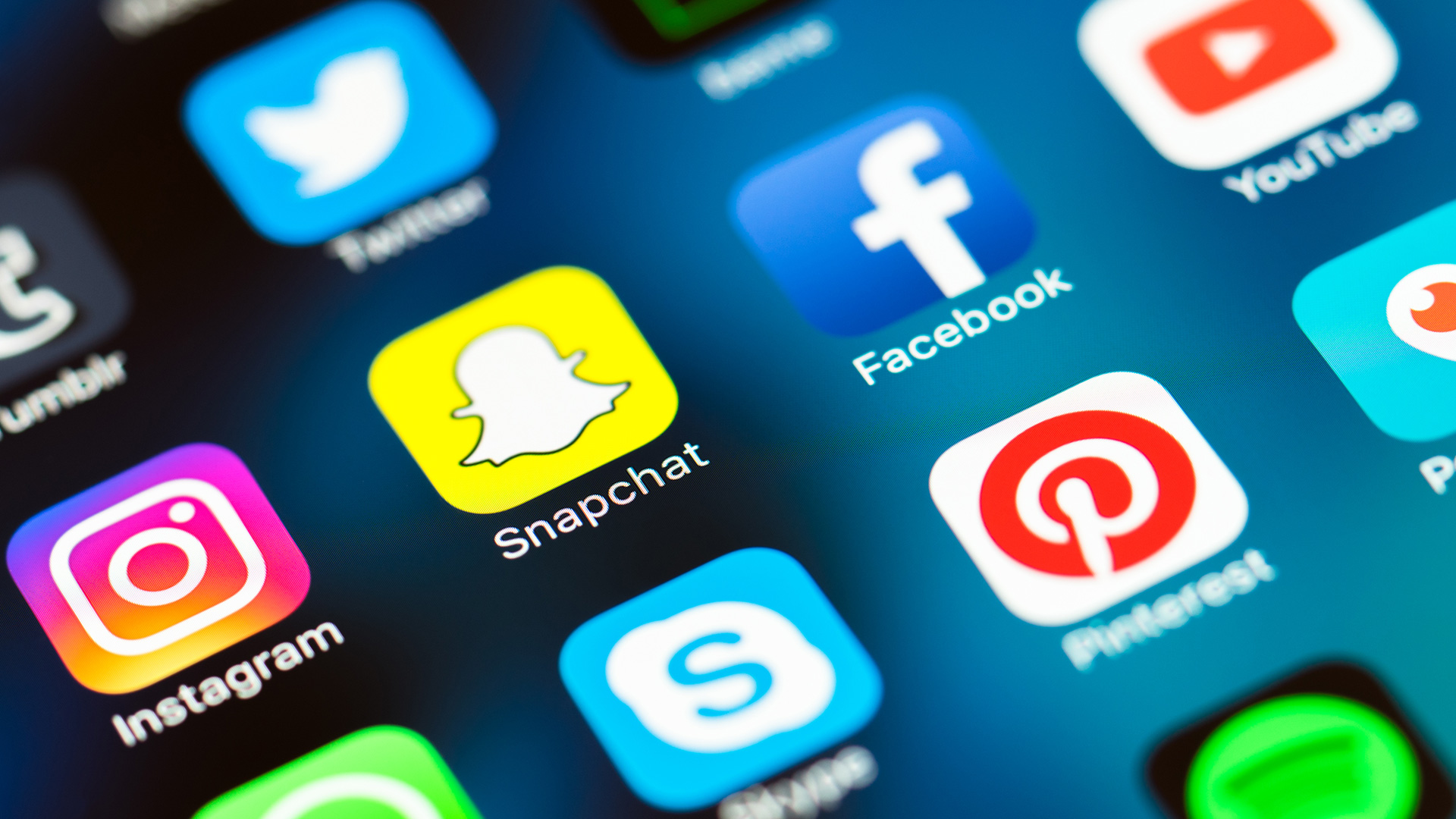
Getting a newly developed app on the radar of your target audience is no easy task. Competition in the app industry is growing day by day and, chances are, as a newly released app you have limited, or maybe even zero budget to go towards any app marketing activity.
This is where social media comes in and becomes your saving grace. Social media is the best low-cost tool you have at your disposal that can help generate excitement around the launch of your app, build brand awareness, boost downloads and increase app engagement.
What are the social platforms available?
#1 Facebook
With 2.19 billion active users, Facebook continues to rule the chart in being the biggest social media network out there. To get started, create your app’s business page and join a number of different relevant groups where you might be able to share your content. Provided there is a demand for your app, and with some good content targeted at the right users, you should be able to grow your ‘Page likes’ organically. If this proves unsuccessful then the option to use paid advertising to reach your target audience is there.
#2 Instagram
Instagram is a photo and video sharing social network owned by Facebook. Here you have both a profile page as well as an opportunity to upload temporary ‘stories’ that are only viewable for up to 24 hours after they are published. Whilst many people use Instagram to share what they had for breakfast, lunch and dinner it is also a great platform to help market your app. Using relevant images and hashtags you can gain a lot of interested followers and potential app users. Just bare in mind that 59% of users are made up of 18 – 29 year olds. So if your app’s target market is of an older demographic, then Instagram probably isn’t worth your while.
#3 Twitter
Twitter is great for directly engaging with your target users and for reaching out to any influential people in your sector that might retweet your content, giving your app marketing efforts a massive boost. This is the best platform for keeping users up to date as it’s more acceptable to post on Twitter numerous times a day in comparison to the others. It can also be used as a form of customer support as you can easily give and receive instant direct replies.
#4 LinkedIn
If your app targets other businesses or those in a certain profession then LinkedIn would be particularly useful as this social network is designed specifically for those in business. With a paid ad you can specify exactly who you want to see it, targeting users from their age demographic down to their job role.

5 Tips for App Marketing on Social Media
#1 Post regularly
Setting up a social media page which you don’t intend to keep updated will probably do you more harm than good. A page with little to no content looks dead and unprofessional, which can only put potential users off. Regularly posting will keep your content appearing on the timelines of your users, which enhances your visibility and keeps you in their minds. Figure out what time of the day your users are most active and schedule your posts to upload at this time. This increases the chances of them seeing and actually engaging with the post. Plus, with the right tools you can actually schedule your content weeks in advance so it doesn’t have to be a daily requirement.
#2 Be responsive
If you do use a tool to plan your social media content for the weeks or months ahead, don’t think this means you can forget about the page for that time. This is far from the truth. The idea of social media is to be easily reached by your users and to help show the human side of your brand. So having no one to acknowledge and respond to any comments you might be receiving defeats the whole purpose. If a user makes the effort to compliment your brand, say thank you where possible. They have gone out of their way to say something positive about you, and technically, it’s free promotional, so it’s only manners to respond.
Keep in mind that not every comment you receive is going to be positive. Keyboard warriors see social media as an excellent way to publically slate your app, loud and clear for everyone to see. It can be tempting to just delete the comment and pretend it was never there. But do not do this! This will only anger your user more. Listen to what they have to say and see if you can solve the issue. Offer to speak in more detail with the user via direct message so as to take the conversation offline and away from prying eyes.
#3 Offer user incentives
Using an incentive is a clever way to get people to talk about your app on their own social media feeds and get the word spread further. A simple like and share competition on Facebook for even the smallest prize can have amazing results for your app marketing and is a great way to boost your following.
Just bare in mind this won’t work for all types of apps, especially those which are B2B. For example, there is no point giving away free Ed Sheeran tickets if you own an accounting app. Yes, it might result in thousand’s or new likes and followers, but I don’t think young girls aged between 14 – 21 are the right target audience… Keep it simple, but relevant.

#4 Be creative
Creativity goes a long way on social media. You are constantly battling against so many other profiles as well as your competitors to capture the attention of your user. Organise a brainstorm with your team and figure out something you can do that’s a bit different to what everyone else is doing.
#5 Do more than sell
There is no denying that one of the main things you want to achieve from having a social media presence is to see an increase your downloads, but that doesn’t mean every one of your posts has to be completely ‘salesy’ and scream “Download my app, download my app.” Instead, use your social media to show your users everything else that goes on in the background. For example, product development, your team, customer features and anything else that shows the human side of your app. These are the sorts of things that help improve your app marketing by developing a bond and relationship with your users.
Conclusion
Social media is just one of many important tools you need to adopt as part of your app marketing strategy. It allows for that more personal touch and facilitates a more direct form of engagement with your users. Whether you are just about to launch your app or your app is already a few years old, it is not too late to start thinking about how you can use social media effectively to grow your app.

